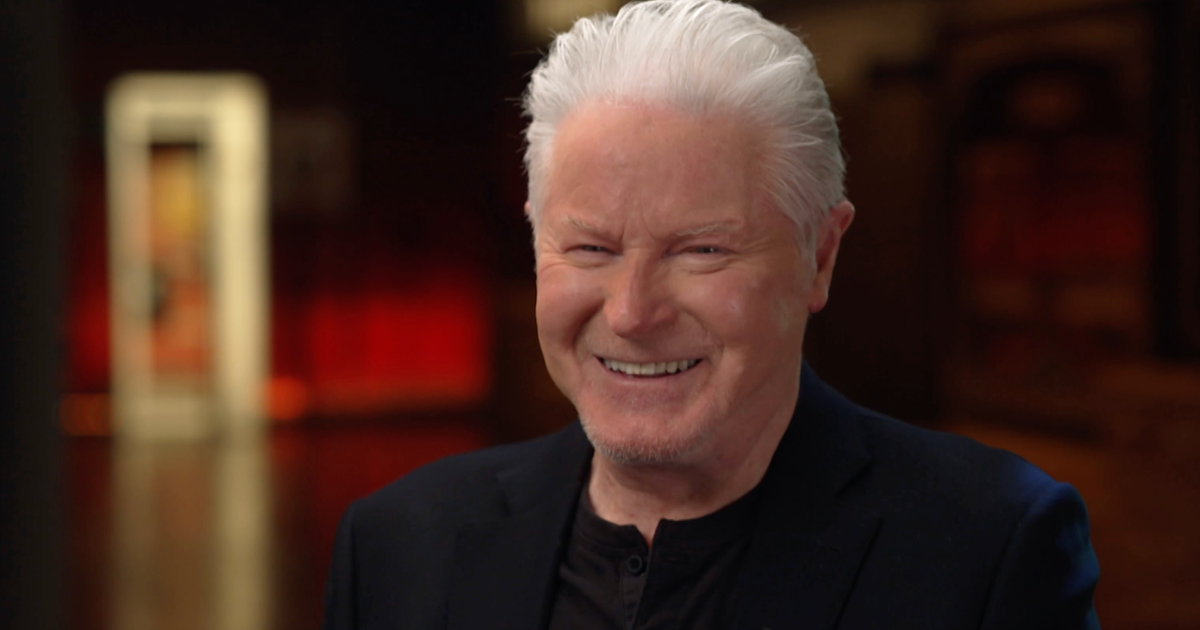Robert P. Jones On Book 'White Too Long: The Legacy of White Supremacy in American Christianity'
(CBS Local)-- Robert P. Jones has been studying and writing about religion for decades and his new Simon & Schuster book "White Too Long: The Legacy of White Supremacy in American Christianity" will force many in and out of religious circles to reckon with the past of the United States of America. Jones is the CEO and founder of Public Religion Research Institute (PRRI) and a leading scholar and commentator on religion and politics.
In his book, Jones grapples with the legacy of racism in America, the role of Christians in all of this and how churches around the country are dealing with this history. This book also provided Jones with the runway to revisit his own family history in Mississippi. Jones believes this is a critical time for white Christians to look at themselves and the world around them.
"As you can see I'm white and I've grown up a Christian, so this was a very personal book," said Jones in an interview with CBS Local's DJ Sixsmith. "In my day job, I have my social scientist hat on and I'm looking at data and trying to give the best objective interpretation of the data that I can. Certainly some of this book is based on that data, but I think it is also personal. I grew up in Jackson, Mississippi as a Southern Baptist in the white evangelical world. What I tried to do is take this experience as well as the social scientist data is telling us and put it together into one story. When white people hear the term white supremacy, they react against it. Even if you flip the words around from white supremacy to the supremacy of whites, it really doesn't mean harboring hatred to someone who is Black. What it means is being okay with and supporting society being set up in a way that advantages white people at the expense of Black and brown people."
FULL INTERVIEW:
In his book, Jones provides several revealing details about the past including key Christian leaders of the time supporting Jefferson Davis and the Confederacy. The author believes that all of our views of society have been shaped by white supremacy.
"The institutions that have not gotten enough scrutiny are white Christian churches," said Jones. "Those churches were the chief legitimizers of that worldview throughout American history. I'm trying to cast a light on something that's really plain and what does that mean for us today. As I talk to other white Christians, one response I constantly get is 'I had no idea.' I have to say that it has been my very own experience as well. I grew up steeped in this white evangelical world. I was at church five times a week, I was there all the time. Not once did I hear a sermon about civil rights, about racial justice or certainly not about white Christian complicity in blessing and legitimizing that world."
Jones revealed that he was in his 20's before he learned about the history of Christianity in America. For instance, the author learned that Southern Baptist Convention was created in 1845 in order to allow missionaries to be appointed who owned slaves. While some remain quiet on the history of racism in Christian circles, many like Jones are confronting with the past and talking about it publicly. This is something that really encourages this author about the future moving forward.
"True repentance is Christian theology is never just about saying you're sorry," said Jones. "The Bible is pretty clear about this and explicitly says if you have something between you and your brother, don't come to the altar to worship, go and make it right with your brother. That involves more than just saying you're sorry. It involves repair, restitution and really thinking about accountability and justice. That's a long road. I think what we've yet to see is if white Christian will take that work up."
Watch all of DJ Sixsmith's interviews from "The Sit-Down" series here.







